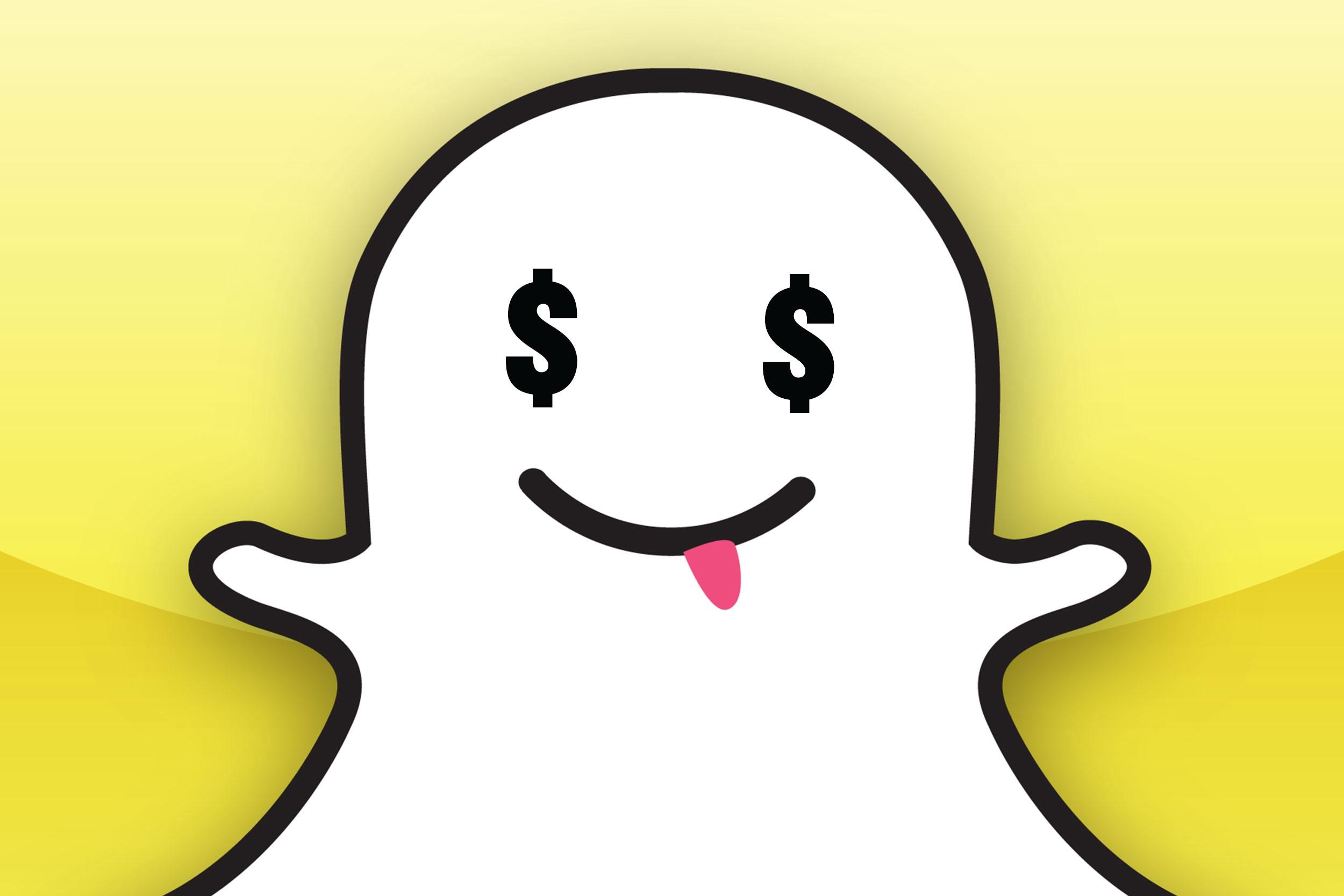
In 2012, Facebook’s IPO was the most closely watched of the decade. In 2013, venture firms raised the most money in public offerings since the dot-com bubble. Then, startups slammed the brakes on IPOs.
Tech startups have had good reason to not go public for the past few years. Venture capitalists, wanting a piece of whatever the next Facebook is before an IPO, invested heavily, as did hedge and mutual fund firms. All that money allowed “startups” to attain the operational scale of major corporations without having to go public and deal with shareholder meetings, publicly available financial data, and onerous Securities and Exchange Commission regulations. It’s the financial god dream.
But 2016 has been marked by profitable tech IPOs thus far — Twilio, Line, Apptio, and others have fared well. One reason for renewed interest is there’s only so much money to go around. Mega-funding rounds in which private investors pour more than $100 million into a venture-backed company have declined for three straight quarters in North America, according to CB Insights. Companies are being forced to accept new funding at lower valuations than expected, known as a down round. And the largest private tech firms, like Uber and Airbnb, have moved on from offering equity to securing debt financing from major banks, which is often a prelude to an IPO. 2017 is poised to be the year the tech IPO comes roaring back.
Leading the charge is Snapchat — er, Snap. The newly christened company is looking at an IPO sometime early next year, according to The New York Times. Snap is aiming for a valuation of $25 billion or more, putting it in the realm of Google’s $23 billion market cap at the time of its IPO in 2004, and eclipsing Twitter’s $14.2 billion valuation when it priced its IPO in 2013.
If Snap opens the floodgates, then what unicorn is next, and how well will it do? (On a scale of one to five unicorns, naturally.)
Uber
With a valuation of $69 billion, Uber would be a wildly valuable company if it went public at that price today. And yet the company continues to raise new funds: a $3.5 billion equity investment from Saudi Arabia here, a $1 billion funding round rumored to include Microsoft there. CEO Travis Kalanick has said Uber wants to put off an IPO for as long as possible, but the company’s decision to take a $1.15 billion loan over the summer, an unusual move for a tech startup, indicates that it’s straining to find new private funding options. Uber’s sale of its money-draining China business to rival Didi Chuxing in August also indicates that the company is trying to instill some monetary discipline before opening its financial books publicly to investors. The sheer scale of Uber may force it to go public as it outgrows the normal limits of venture funding.

Spotify
A Spotify IPO has been rumored for a few years now, but the company’s last funding round makes it a much bigger possibility. Spotify has to pay a greater interest on its debt and offer a steeper discount on company shares to certain investors the longer it waits to go public, according to the The Wall Street Journal. The penalties start accruing in 2017, so the company has no choice but to put together a public offering soon.

Blue Apron
The meal-kit delivery company is currently trying to find a bank to organize its IPO, according to Bloomberg, indicating that the offering could happen next year. The company would seek a valuation around $3 billion.

Dropbox
The cloud storage service has reportedly met with IPO advisers about a potential 2017 offering, according to Bloomberg. That would map with the company’s efforts to curtail some outlandish spending habits. This year Dropbox has suffered valuation markdowns from multiple investors, which may increase pressure to go public before negative momentum plagues the company.

Airbnb
In order to lessen pressure to go public, the home-rental company just closed an $850 million funding round, valuing it at $30 billion. Airbnb also allowed some longer-tenured employees to sell some of their stock in an effort to retain top talent. The company’s IPO will likely land after 2017 as it continues to try to wrestle with regulatory challenges around the world.
